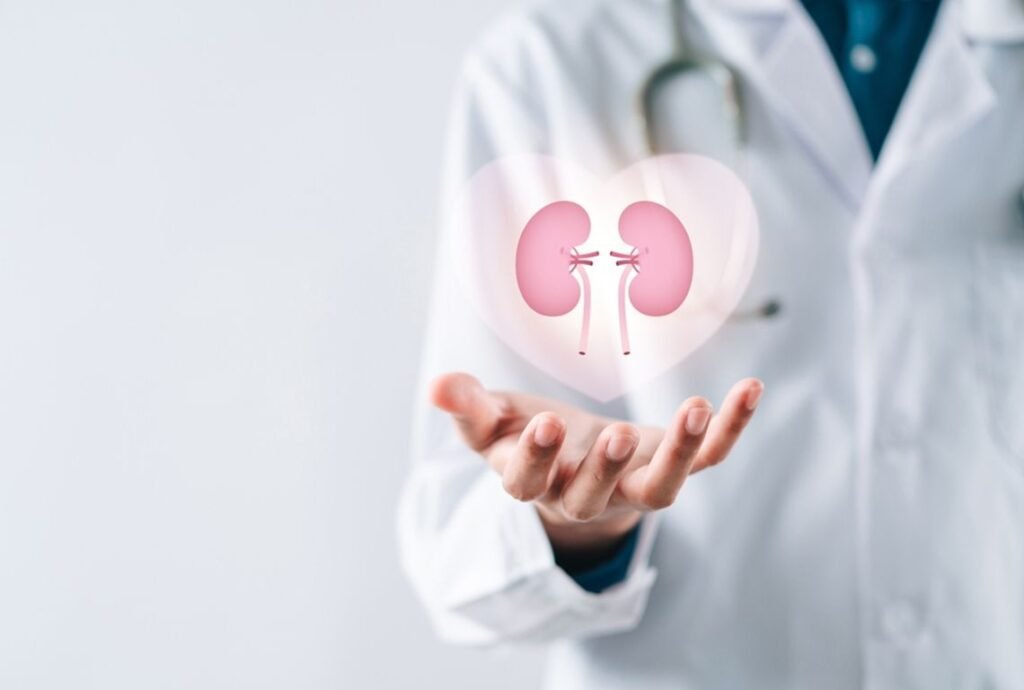Introduction
Caring for children is complicated at the best of times, and even the smallest medical problems can be overwhelming, especially if it has to do with urinary or genital conditions. That is when you would call a pediatric urologist. Pediatric urologists are specialists in evaluating urinary tract conditions in children, including bladder problems, kidney disorders, and genital abnormalities, such as bedwetting. Pediatric urologists have a depth of medical training to treat these problems, but they also know how to provide care for children which is reassuring. In this blog, we will discuss the important role pediatric urologists have in preserving the urinary health of your child.
Who is a Pediatric Urologist?
A pediatric urologist is a medical provider who is specially trained to diagnose, treat, and manage urinary and genital disorders in infants, children, and young adults. Pediatric urologists, like general urologists, evaluate various medical conditions and specialize in illnesses affecting the urinary tract. Since pediatric urologists are specially trained in treating young patients, they consider the different aspects of childhood development. Pediatric urologists evaluate and treat urinary tract infections, pediatric urology complaints, bladder control problems, and many other urinary or genital disorders using their medical expertise and individualized care in treating all patients at every stage of development.
Common Conditions Treated by Pediatric Urologists
1. Urinary Tract Infections (UTIs) in Children
Pediatric urologists manage recurrent or severe urinary tract infections (UTIs), which can indicate that a child has underlying structural or functional problems with the urinary tract. The symptoms of UTIs can vary, but they can include fever, burning with urination, and frequent urges to urinate. Pediatric urologists are specially trained to work with children and establish the cause through tests and imaging. They then create a customized treatment plan to help prevent kidney damage later in a child’s life and to minimize the risk of recurrent infections.
2. Bedwetting (Enuresis)
While nocturnal enuresis (bedwetting) is a common occurrence among young children, persistent problems in children older than expected may warrant involvement from a pediatric urologist. They will evaluate whether the condition is behavioral, developmental, or involves bladder functioning. Treatment may involve changes in lifestyle, bladder training, medications, or addressing underlying medical conditions to assist children in staying dry overnight and feeling proud and confident.
3. Hypospadias and Other Congenital Anomalies
Hypospadias is a developmental condition where the opening of the urethra is found on the underside of the penis, rather than at the tip. Pediatric urologists treat this and other congenital anomalies, such as epispadias or ambiguous genitalia, using specialized surgical techniques. Early diagnosis and treatment will ensure normal urinary and reproductive function as the child matures.
4. Vesicoureteral Reflux (VUR)
Vesicoureteral reflux (VUR) is a condition that occurs when urine travels backward from the bladder into the ureters and kidneys, and it increases the child’s risk for kidney infections and damage. Pediatric urologists use imaging studies to diagnose VUR and manage it with antibiotics, bladder training, and in more extreme cases, surgery. Early intervention prevents complications and allows normal kidney development.
5. Pediatric Kidney Stones
While less common in children, kidney stones can cause severe pain, blood in urine, and obstruct urinary outflow. Pediatric urologists determine the cause (diet, dehydration, or other genetic factors) to recommend appropriate treatment options including medication, dietary changes, and procedures to break up or remove the stones while preventing reoccurrence.
6. Undescended Testicles (Cryptorchidism)
In cryptorchidism, one testicle or both do not descend into the scrotum. Pediatric urologists will usually do a small surgery called orchidopexy to place one or both testicles in the scrotum, hopefully before the child turns one. Early intervention protects against infertility, testicular cancer, and psychological issues.
7. Hydronephrosis in Children
Hydronephrosis is the swelling of a kidney due to urine within the kidney. Hydronephrosis can be found on a prenatal ultrasound or at birth. Pediatric urologists will obtain imaging to follow the hydronephrosis and are often able to recommend surgery if the obstruction is impacting the kidney’s function. The treatment helps drain the kidney and protect long-term kidney function but it will also prevent complications as the child gets older.
Diagnostic Methods Used in Pediatric Urology
Pediatric urologists use child-friendly tests to diagnose urinary and genital issues accurately. Urinalysis detects infections or biochemical abnormalities, while ultrasound provides a radiation-free view of the kidneys, bladder, and reproductive organs. VCUG checks for reflux or blockages, and urodynamic testing evaluates bladder function. In some cases, MRI or CT scans may be needed for further assessment. These diagnostic tools help create a personalized treatment plan that supports a child’s health and development.
Treatment Approaches in Pediatric Urology
Treatment in pediatric urology depends on the child’s condition, age, and overall health. Medications are often the first choice for infections, bladder issues, or bedwetting. Non-invasive options like bladder training and dietary changes can also help. For structural concerns like hypospadias or undescended testicles, surgery may be required. In cases like vesicoureteral reflux, long-term monitoring might be needed. Pediatric urologists focus on personalized care, involving families in decisions to ensure the best outcomes for a child’s urinary health.
When Should Parents Consult a Pediatric Urologist?
If your child experiences painful urination, frequent UTIs, bedwetting past age 5, or trouble holding urine, a pediatric urologist should be consulted. Visible genital changes, undescended testicles, or abdominal swelling also warrant a specialist’s evaluation. Other red flags include blood in the urine, a weak urine stream, or a family history of kidney issues. Early assessment leads to timely diagnosis, treatment options, and prevention of long-term complications. Trust your instincts—seeking help ensures your child’s urinary health is properly managed.
The Importance of Early Diagnosis and Treatment
Early diagnosis and treatment in pediatric urology are essential to prevent long-term complications and support healthy development. Untreated urinary or genital issues can lead to kidney damage, recurrent infections, or future fertility problems. Identifying concerns early allows for parent education, preventative care, and non-invasive treatments when possible, leading to better outcomes and reduced emotional stress. It also promotes normal physical and psychosocial growth, ensuring children feel confident and can fully participate in daily activities. Regular check-ups help catch issues early, giving your child the best chance for a healthy future.
Conclusion
A pediatric urologist plays a vital role in safeguarding a child’s urinary and reproductive health. They diagnose and treat common conditions like UTIs and bedwetting, as well as more complex issues, ensuring compassionate and individualized care. Early diagnosis and timely intervention reduce complications and support healthy growth. If your child is experiencing urinary concerns, don’t wait! A pediatric urologist can make a lasting difference in their comfort, confidence, and overall well-being.
At Manav Hospital, recognized as the Best Urology Hospital in Jaipur, expert pediatric urologists provide specialized care to ensure the best outcomes for your child’s health.





